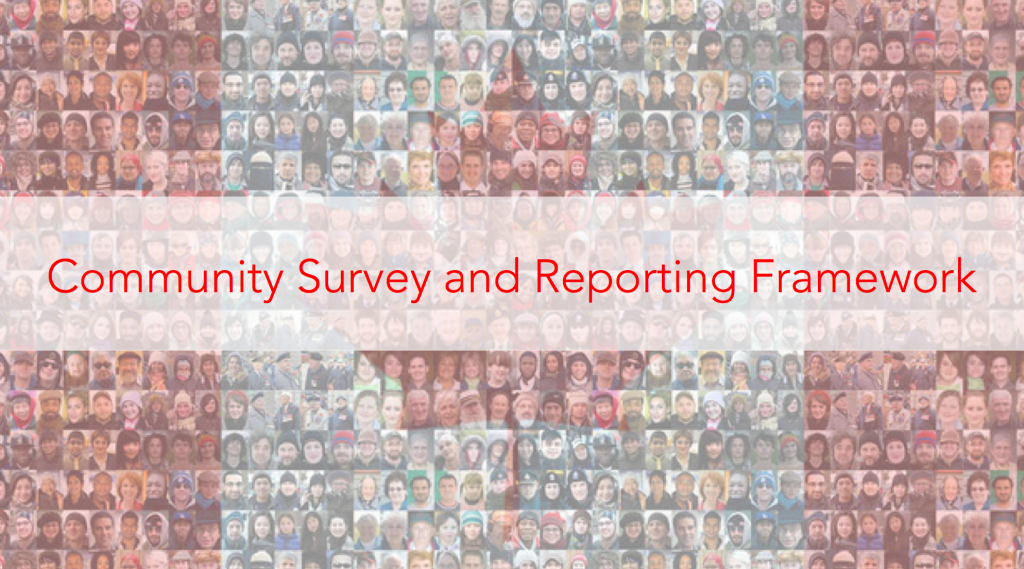Since the Open Letter, many leaders have shown an eagerness to say that they stand for diversity and inclusion.
To help companies take actionable steps towards this goal, Hubba has released an open source framework to help companies track diversity within their teams.
“We should positively acknowledge any company that takes this seriously and takes steps to move forward, regardless of how they initially score out.”
The framework lists best practices for building an internal survey, including methods for framing questions (being specific vs. oversimplifying), the importance of the “other” option, and breaking down demographics by a variety factors instead of just “male or female.”
The survey began by working off of Project Include’s survey template, though Hubba HR manager Steph Little says that they were hoping to make it more detailed.
“We weren’t doing this so that we could see if we’re meeting quotas, we were doing this so that we could really know our organization, know where our gaps are, and be sure we were creating a safe and happy space for everyone,” said Little.
The company’s inclusion committee worked with an employment lawyer with an interest in human rights for red flags, beta tested it at Hubba, and asked employees for feedback. The work was in finding out the types of data they wanted to collect, and for help with categorizing and phrasing.
“I honestly thought this would be an afternoon’s work,” said Little. “We looked at so many different survey templates, lists, statistics sites, and articles. On nearly every occasion I’d find a resource that felt good, and then come across an outdated term like ‘native’ or ‘transvestite’ and have to keep searching.”
While the initial plan was to find a method of collecting data on Hubba employees to make better decisions, the team ultimately felt that this would benefit other companies that did not have the same resources.
“I know how hard it can be to develop programs like this when you are focused on just surviving as a startup. I hope that this makes it easier for more companies to shine a light on this area of their business in the early stages when it is critical,” said Hubba CEO Ben Zifkin. “Because certain components of this framework can be standardized, I see an amazing opportunity to get data across different communities within Canada and then roll it up nationally.”

To avoid putting employees in an uncomfortable position, the framework recommends conducting the survey anonymously.
To avoid putting employees in an uncomfortable position, the framework recommends conducting the survey anonymously and merging department categories if there’s a chance that employees can be easily identified.
“I’d say the two most important things for us were that one, we were sensitive and inclusive in our wording, and two, we protected everybody’s anonymity,” said Little.
In early July, the CBC tried to reach out to Canadian tech companies for their diversity numbers in the past, with a large majority either declining to participate or not responding.
In Zifkin’s view, companies that have had a good record of diversity have been “heralded” as heroes, while companies that didn’t have good numbers have been vilified.
He hopes that companies at all stages feel safe undertaking this initiative using this framework.
“I think there are some nuanced stages in between. We should positively acknowledge any company that takes this seriously and takes steps to move forward regardless of how they initially score out,” said Zifkin. “We should also definitely look positively on any company who is able to make progress over time.”
Acknowledging that companies don’t “need” to do this, Zifkin says simply that the good ones will. “I wholeheartedly believe that more diverse teams perform better,” said Zifkin. “I have seen it at Hubba and all published data support this concept. We have a long way to go at Hubba. It is a continuous journey but we are proof it works. I benefit if others companies in our ecosystem perform well on the global stage so I am very much in favour of companies focusing on this issue.”
Little said that she’s looking forward to hearing feedback from companies that take this on. “I’m so happy that we’re sharing this so that nobody else has to start from scratch. There are a lot of bright minds out there that will know ways that this can be even better,” said Little.
Download the framework here.
Photo via Unsplash


